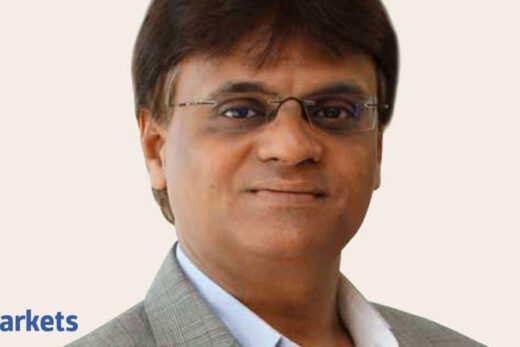The banking index has fallen 18 per cent from a record high 37,708 hit on February 16, as rising Covid infections and localised lockdowns have led investors to believe that concerns around asset quality will only worsen.
Technically, a more than 20 per cent fall from peak is termed as bear market in a security or index.
During the March crash, Nifty Bank had tanked 34 per cent and almost 50 per cent from its record high. Analysts believe with the threat of a nation-wide lockdown looming amid a rapid rise in Covid infections, the banking sector will bear the heaviest burden.
“Banks remain on the forefront of the selloff. If the (Nifty) Bank index breaks below 30,000 level, then there is no telling where the bottom will form. But it will be at least 2,000-3,000 points below the current support,” said Bhavin Mehta of Dolat Capital Markets.
For banks, the localised lockdowns announced in major states like Maharashtra, Delhi, Rajasthan, Madhya Pradesh and others came as a sucker punch just as loan collections and credit growth had started to normalise after the shock of the first national lockdown.
The uncertainty of the current situation was exemplified by HDFC Bank’s decision to defer its final dividend payment for the second year running in the wake of the second Covid wave.
“Given that the current ‘second wave’ has significantly increased the number of Covid-19 cases in India and uncertainty remains, the board has considered it prudent to currently not propose any dividend,” the bank said in its Q4 earnings announcement on Saturday.
HDFC Bank’s conservatism in not paying the dividend is being read by some money managers as a sign of things to come in the coming months, as the second wave rips through the country’s tier-I and tier-II cities, geographies that account for the majority of Indian banks’ loan books.
“As a conservative bank if they are taking this stance, then they might be seeing more stress than what many of the analysts are seeing at this stage. That is the perspective with which people should look at markets,” Sandip Sabharwal, an independent investment adviser and former fund manager with SBI Mutual Fund, told ETNow.
Global credit rating agency Fitch, in a recent note, said the second wave of Covid-19 poses extreme risk to small business and retail loans of Indian banks. In a post-earnings conference call, HDFC Bank said the cheque bounce rate of retail customers has been increasing in recent weeks.
In this backdrop, analysts believe that buying the dip in banking stocks may not be the most prudent strategy for investors.
“We believe near-term growth momentum and asset quality improvement could be at risk. Hence, we recommend investors to stay put in quality stocks,” brokerage firm Emkay Global Markets said in a recent note.



